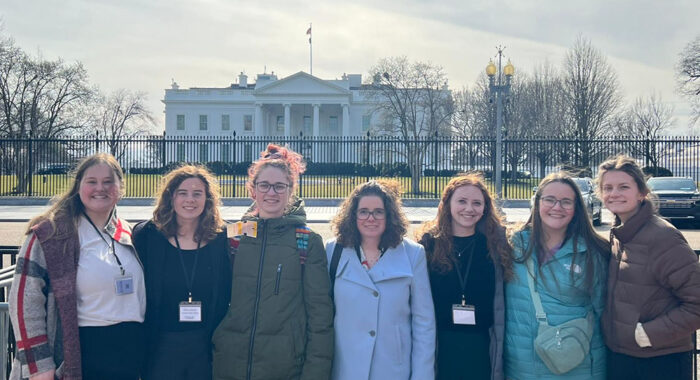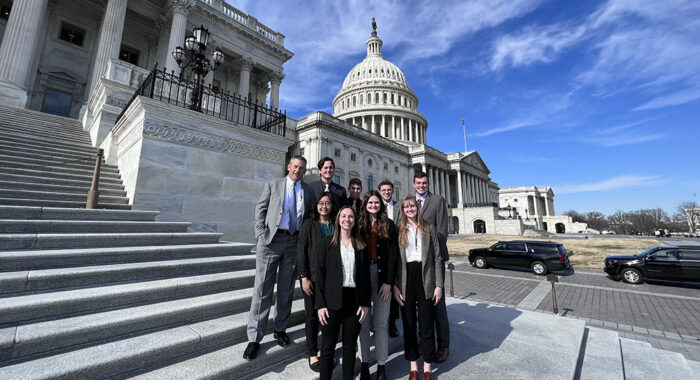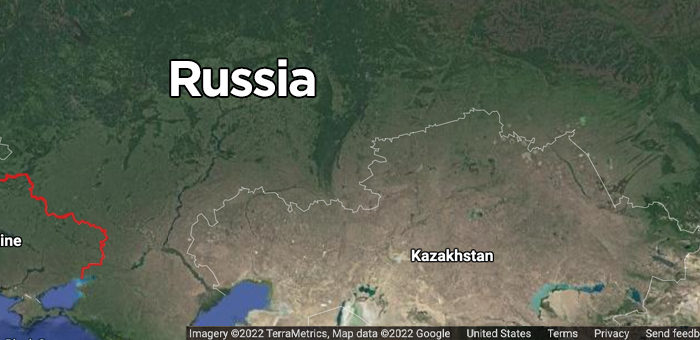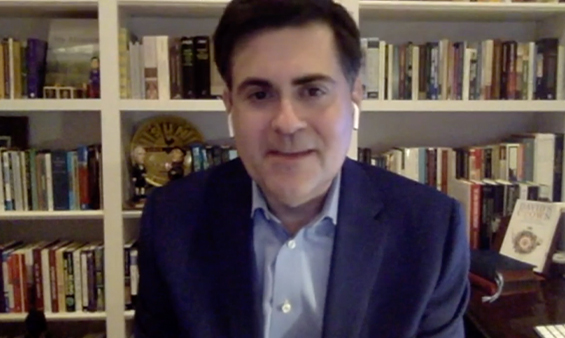The Board of Directors of the National Association of Evangelicals (NAE), representing more than 45,000 local churches from over 40 different denominations, approved a resolution at its semiannual meeting in October calling for new efforts toward verifiable multilateral reductions in nuclear weapons and ratification of the Comprehensive Test Ban Treaty. The resolution comes on the 25th anniversary of the NAE’s Peace, Freedom and Security Studies project and of the Reykjavik summit between President Ronald Reagan and Soviet leader Mikhail Gorbachev.[1]
“The rules have changed in the past 25 years,” said Leith Anderson, NAE President. “Nuclear weapons don’t serve as a deterrent to the dangers of our post-Cold War era, which include rogue nations and terrorist groups. We must re-engage the dialogue on nuclear peace and security for the sake of our world.”
Evangelicals have displayed a longstanding commitment to protecting the sanctity of human life, based on the belief that God created human beings in his image. Nuclear weapons pose a threat to life many orders of magnitude greater than conventional arms. Their unique destructive potential raises profound spiritual, moral and ethical concerns.
Considering biblical foundations and current realties, the NAE resolution, titled “Nuclear Weapons,” states, “We renew our call and pledge our support to national leaders who adopt policies and pursue negotiations that will contribute to peace, freedom and security at home and abroad, giving particular attention to the threats posed by nuclear weapons.”[2]
Former Secretary of State George Shultz said, “The National Association of Evangelicals does the world a profound service in calling for an end to nuclear weapons and identifying key steps to be taken for achieving that objective — a moral imperative.”
Galen Carey, NAE Vice President of Government Relations, said, “Two decades after the end of the Cold War, thousands of nuclear missiles remain on alert, posing a remote but deadly threat to our survival. By honoring our treaty commitments and working toward reducing the number of nuclear weapons, our leaders can make an important contribution toward improved national security and a more stable peace.”
“Guidelines: Peace, Freedom and Security Studies” built on earlier resolutions, dating back to 1952.[3] The publication of the NAE Guidelines coincided with the historic summit in Reykajavik, Iceland, where President Reagan proposed negotiations leading to the total elimination of nuclear weapons to Soviet leader Mikhail Gorbachev
[1] Peace, Freedom and Security Studies 1986, National Association of Evangelicals.
[2] Nuclear Weapons 2011, National Association of Evangelicals.
[3] Use of Force 1977, National Association of Evangelicals.



 View All Updates
View All Updates 




























